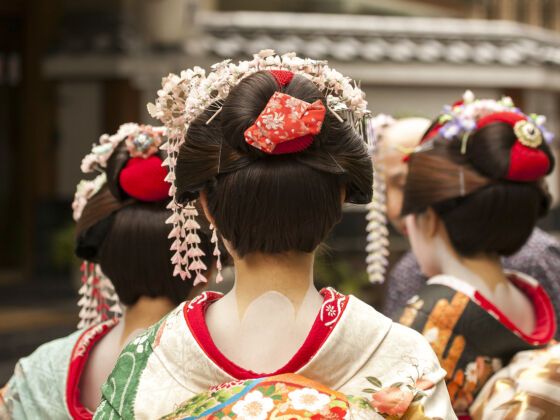I MOVED to Japan at the age of 23; I had never really lived as an adult before then. I hadn’t worked a real job in England, and I hadn’t lived away from my parents. In many ways, then, I did a lot of my growing-up in Japan.
Don’t get me wrong — I’m English. I’m very, very English. I have the skin — the pale, pasty skin that burns if someone in the next room starts talking about the sun — and the eyes and the accent and the passport. Meet me and you’ll know in moments that I’m English; if you’re also English, then you’ll know in as many moments that I’m from the north of England, from Manchester, because these things matter enormously to the English — we’re quite tribal like that.
